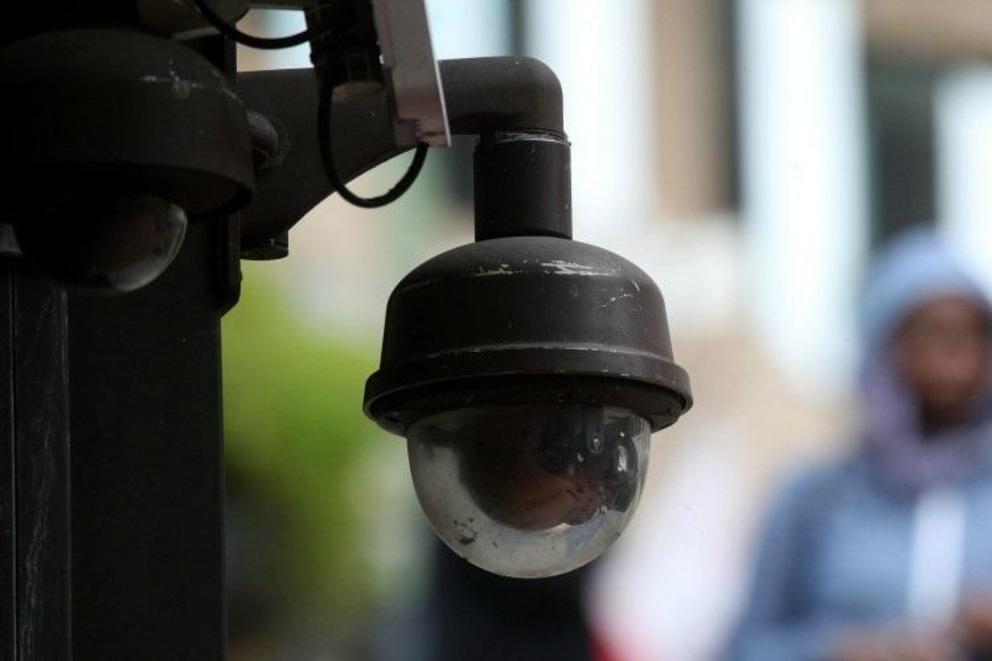Grim new study calculates how many times per week security cameras record Americans
By now most Americans are keenly aware of the vast surveillance infrastructure tracking our everyday movements. From intersection cameras watching us while we drive to the eyes of corporate surveillance in the workplace, retail stores, and even our own homes, Americans are recorded on camera many times each day and week.
Now a new study by Safety.org is here to tell us exactly how many times….and the answer may surprise you. Using IPUMS Time Use data, researchers calculated that the average American is recorded by surveillance technology at least 238 times each week.
The number could be much higher – thousands of times per week – for people who frequently travel by plane or work in high-security jobs.
The study breaks down the number into several different categories. The largest contributor to surveillance camera uses is roadways and intersections, where cameras embedded in traffic lights record the average American motorist 160 times per week.
The next categories are work – which researchers say involves the typical employee being recorded 40 times a week in the office – and retail shopping, which contributes to another 24 average weekly instances.
The most surprising category, according to researchers, regarded home and neighborhood surveillance. Home entertainment devices and gadgets, as well as the proliferation of doorbell cameras, make your daily walks or jogging regimen a new source of daily surveillance. While in previous decades Americans could expect to remain unobserved in the privacy of their own home/neighborhood, the average citizen is now surveilled 14 times a week.
The increasing use of advanced surveillance tactics by police also adds to the rising numbers.
“The notion of doing biometric identity checks on millions of people to identify a handful of suspects is completely unprecedented,” says Silkie Carlo, director of Big Brother Watch. “There is no legal basis to do that. It takes us hurtling down the road towards a much more expansive surveillance state.”
Safety.org says that these numbers will rise as surveillance technology becomes increasingly ubiquitous. Facial recognition software alone will contribute considerably to this rise. The researchers believe that by 2021, there will be about a billion cameras recording humans globally. Only China, which is soon to have a security camera for every 4.1 of its citizens, will have a more invasive surveillance state apparatus than the U.S.
The number arrived at – 238 – is certainly shocking but may not even be the full story. When you consider another kind of surveillance – data tracking and harvesting by online advertisers and Internet service providers – and our increasing use of mobile devices that record and triangulate our locations and movements, security cameras are only one facet of the issue.
Biological and epidemiological tracking, buoyed by contact tracing efforts in the coronavirus age, is also expected to add dramatically to the surveillance state. For example, some health officials say there is a need to integrate real-time data between healthcare systems and the private sector.
“The price of this escape route is an unprecedented increase in digital surveillance,” says a new report about contact tracing in the UK. “In normal times, the degree of monitoring and state intervention we are talking about here would be out of the question in liberal democracies. But these are not normal times, and the alternatives are even more unpalatable.”

